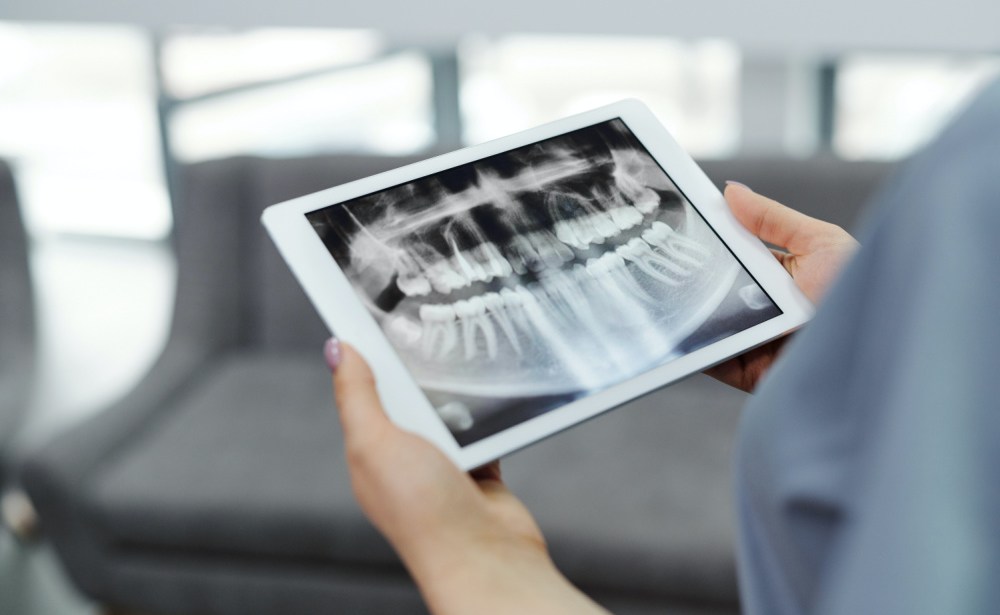Dental implants are a popular restorative dentistry treatment that can solve many problems. Almost anyone with healthy teeth, gums and jaw bones can get an implant.
But how do you know when it’s time to consider oral surgery? Read on to find out the signs you should look out for.
You Have Missing or Damaged Teeth
Missing or damaged teeth can impact your smile and oral health. Your jaw bone tissue deteriorates in the spaces vacated by missing teeth without the pressure and stimulation of natural tooth roots. Dental implants act as artificial tooth roots, preventing the deterioration of the jaw bone.
Similarly, a broken or cracked tooth can lead to a serious infection. If your dentist can’t save the natural tooth structure, she may suggest a tooth extraction followed by a dental implant to replace it.
Dental implants allow you to eat, speak and laugh without worrying about loose dentures or bridges falling out of place. They also look and feel just like your natural teeth. With their ability to preserve jaw bone tissue and avoid sagging in the face, they are one of the most effective ways to address tooth loss. They also don’t require a special diet or adhesives to stay in place. They are also permanent, unlike dentures and dental bridges.
You Have Loose Dentures or a Dental Bridge
Loose or ill-fitting dentures can lead to pain and discomfort. Dental implants are a permanent solution that will eliminate this problem. They also look and feel like natural teeth, making them easy to maintain with regular brushing and flossing.
If you have loose dentures, you may find it hard to chew. This can limit the foods you can enjoy, leading to malnutrition. Implants will improve your ability to chew, allowing you to eat more foods you love.
Dental implants will also fix loose bridges and prevent deteriorating jaw bone tissue. Without a root to stimulate bone growth, the jaw can lose density over time, which can cause a caved-in appearance in the face. An oral surgeon near Buffalo, NY will place your implants directly into the jawbone, preventing this loss and preserving your facial structure. This will give you a more youthful, fuller smile. This is why dental implants are so popular today.
You Feel Insecure About Your Smile
If you’re missing a tooth or teeth or have severe discoloration of your teeth, an implant may be the right solution for you. Dental clinics like Niagara dental implant & oral surgery specialize in dental implants. Unlike dentures, dental implants replace your natural tooth and help promote bone growth in your jaw area, preventing it from receding and creating that caved-in look on your face. If you are missing a tooth, you might find it difficult to chew or eat and may limit your diet, which can cause malnutrition over time.
Dental implants can also be used to fix ill-fitting dentures. If dentures are loose throughout the day, this can be uncomfortable and lead to other health problems like gum irritation. Talk to your doctor about getting an implant to solve this problem and make your smile more secure. The dental prosthetics are made of zirconium or titanium, which will feel and function like natural teeth. This makes it easy to forget that you have a dental implant.
You Don’t Want to Deal With Dentures
Whether your missing teeth are from tooth decay or an injury, you can benefit from replacing them with dental implants. They are the most durable and natural-looking replacements for missing teeth, and you won’t have to worry about them falling off while eating or speaking.
Dental implants are also a good option for people with severely broken or cracked teeth that can’t be saved. Your dentist will extract the damaged tooth or teeth and replace them with an implant that looks like your natural teeth, which can help prevent more serious health problems.
Most people who are healthy enough for oral surgery can receive dental implants. However, heavy smokers or patients with uncontrolled chronic disorders must be evaluated case-by-case. You must complete a comprehensive dental exam and take dental X-rays to determine your suitability. You’ll also need to give your dentist a list of any medications or supplements you take.


